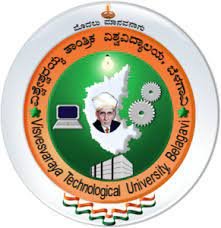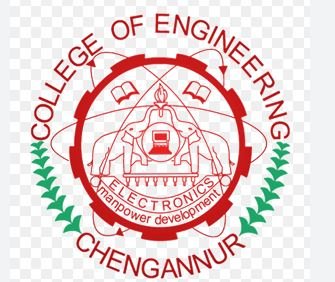B.Tech. in Telecommunication Engineering (Lateral Entry) offers diverse career prospects and competitive advantages.
Future Scope & Benefits: B.Tech. in Telecommunication Engineering (Lateral Entry) Course
The Bachelor of Technology (B.Tech.) in Telecommunication Engineering (Lateral Entry) program offers a unique opportunity for diploma holders to gain advanced knowledge and expertise in the field of telecommunications. With the rapid advancement of technology and the increasing demand for connectivity and communication, this program opens up a world of opportunities for graduates. In this comprehensive guide, we will explore the future scope and the numerous benefits associated with pursuing a B.Tech. in Telecommunication Engineering (Lateral Entry) course.
Future Scope: B.tech TELE course
High Demand in Telecommunications Industry: The telecommunications industry is a vital pillar of the global economy. It plays a crucial role in connecting people, businesses, and devices worldwide. With the advent of 5G technology, the Internet of Things (IoT), and the expansion of mobile networks, the demand for telecommunication engineers is on the rise. Graduates of the B.Tech. in Telecommunication Engineering program are well-positioned to meet this demand.
Diverse Career Opportunities: Telecommunication engineers have a wide range of career opportunities in various sectors. They can work for telecom service providers, network equipment manufacturers, research organizations, and government agencies. Job roles include network engineers, systems architects, RF engineers, and telecommunication consultants.
Research and Development: The telecommunications field is constantly evolving, with new technologies and standards emerging regularly. Graduates can pursue research and development roles to contribute to innovations in wireless communication, optical networks, and satellite communication. This can lead to groundbreaking discoveries and advancements in the industry.
Entrepreneurship and Startups: Telecommunication engineering graduates with innovative ideas can venture into entrepreneurship by starting their own telecommunications companies or technology startups. This path allows them to create and implement novel solutions for connectivity and communication challenges.
Global Opportunities: Telecommunication is a global industry, and professionals in this field often have the opportunity to work internationally. The skills acquired in the B.Tech. programs are transferable, making it easier for graduates to explore career opportunities in different countries.
Government Sector Jobs: Government agencies, such as the Department of Telecommunications, require telecommunication engineers for various roles related to policy formulation, regulatory compliance, and infrastructure development. These positions offer stability and job security.
Consulting Services: Telecommunication engineers can work as consultants, providing expertise to businesses and organizations looking to optimize their communication networks, reduce costs, and enhance efficiency.
Benefits of Pursuing B.Tech. in Telecommunication Engineering (Lateral Entry):
Advanced Knowledge and Skills: The B.Tech. program equips students with advanced technical knowledge and practical skills in telecommunication engineering. They gain expertise in areas such as digital communication, wireless networks, satellite communication, and optical communication.
Lateral Entry Advantage: The lateral entry route allows diploma holders to save time and pursue a B.Tech. degree directly. This means they can enter the workforce sooner than traditional B.Tech. students, giving them a competitive edge in the job market.
Industry-Relevant Curriculum: The curriculum is designed to meet the needs of the telecommunications industry. It includes hands-on training in laboratories, exposure to the latest equipment and technologies, and real-world projects. This ensures that graduates are industry-ready.
Versatile Skill Set: Telecommunication engineers develop a versatile skill set that includes problem-solving, critical thinking, and project management. These skills are highly transferable and valuable in various career paths.
Competitive Salary: Careers in telecommunication engineering are often associated with competitive salaries. As professionals gain experience and expertise, their earning potential increases significantly.
Contribution to Technological Advancement: Telecommunication engineers play a vital role in shaping the future of communication technology. They contribute to the development of 5G networks, IoT applications, and other cutting-edge innovations that impact society.
Global Networking Opportunities: Graduates have the opportunity to collaborate with professionals from around the world, attend international conferences, and engage in cross-border projects, expanding their professional network.
Job Security: With the increasing reliance on telecommunication services, professionals in this field enjoy a relatively high level of job security. As long as communication remains essential, there will be a demand for telecommunication engineers.
Continuous Learning: Telecommunication is a dynamic field with continuous advancements. Graduates have the opportunity to engage in lifelong learning and stay updated with the latest developments, ensuring their relevance in the industry.
Impact on Society: Telecommunication engineers have a direct impact on society by enabling communication and connectivity. They contribute to disaster management, healthcare, education, and various other sectors that rely on effective communication.
 3 Years
3 Years
 Under Graduate
Under Graduate
 Engineering
Engineering
 Full Time
Full Time





















 back
back